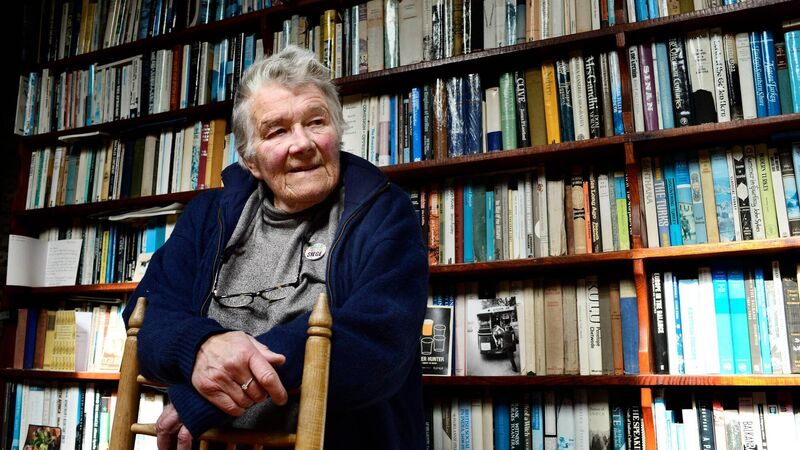'You can do it - and keep it simple': The life and legacy of travel writer Dervla Murphy

Author Dervla Murphy at her home in Lismore, Co, Waterford, in 2014. Pic: Denis Scannell
When the groundbreaking Irish travel writer Dervla Murphy died last year at the age of 90, the Waterford native left an incredible legacy.
Now a new book edited by her friend and fellow writer Ethel Crowley brings together a selection of her best work and cements her place in the travel writing pantheon.







